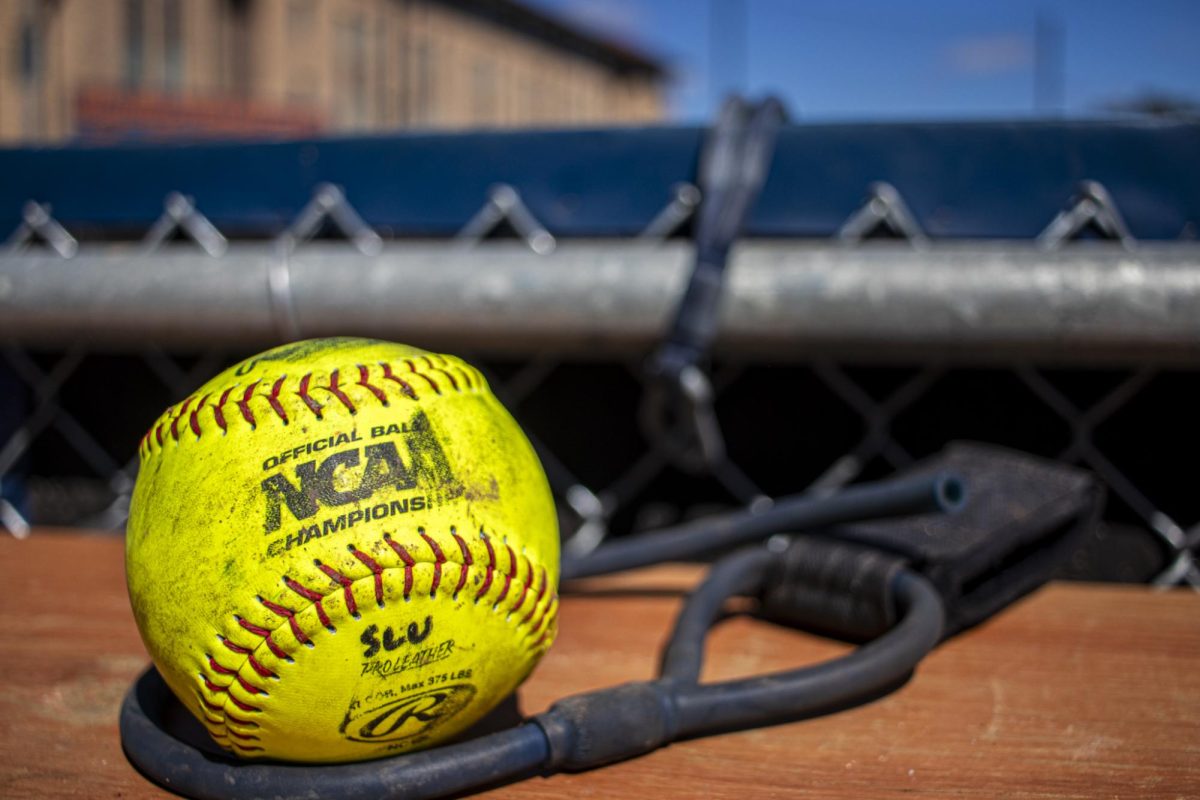F1 Academy is an all-female racing category dedicated to giving opportunities to talented young drivers who might otherwise be unable to compete in motorsports due to a culture of misogyny. It was created by Formula 1 management in 2023 as a successor to the previous all-female category, the W Series, which had three seasons in 2019, 2021 and 2022 before going into administration and shutting down. F1 Academy is led by its managing director Suzanne Wolff, a retired racer who competed in various categories but never managed to get a seat in F1, instead acting as a development and test driver for Williams Racing from 2012-14.
As of 2024, the F1 Academy championship consists of seven rounds with two 30-minute races per weekend. There are a total of five teams and 15 drivers competing between the ages of 16 and 25. Each of the 10 F1 teams nominated one driver for the championship, with the remaining five sponsored by other partners. The category is a one-make series, meaning all drivers race with identical chassis models, most similar to Formula 4 cars.
F1 Academy saw its first set of races in Saudi Arabia earlier this month, competing during the same weekend as F1 and Formula 2. The significance of having an all-female car racing event in a country where it was illegal for women to drive until 2018 is massive, showcasing the importance of the Academy’s place in history as a proponent of change.
The Academy is not meant to fuel segregation of the sexes in the sport, but rather to be used as a tool to give women a platform in a male-dominated field, promoting diversity and inclusivity. Its mission is to help talented women get on track to reach the peak of motorsports in F1, something only five women have achieved before, only one of which — Italian driver Lella Lombardi — managed to score points. Currently, only one woman is competing in the FIA Formula 3 category, Sophia Floersch, and there has only ever been one woman in Formula 2, the closest category to F1, Tatiana Calderon.
Racing is not an accessible sport, becoming less and less so every year. Aspiring drivers have to rely on strong finances and connections to make it anywhere near a car, much less an F1 vehicle. It is a sport that requires years of dedication and hard work to move up from category to category, with no assurance of a place in F1 at any point. Historically, men have had priority at every turn, leaving female racers with no way to progress in their careers, whatever their talent.
Even though it is not guaranteed that any of the young women currently racing in F1 Academy will get to F1, seeing as even male drivers in higher categories such as F2 are struggling to find seats of their own, its existence and continued development is a step in the right direction for motorsports. With the support of the FIA, F1 and its racing teams, it will only continue to grow and spread the word to girls everywhere that there is a space for them in the world of racing and they will no longer be relegated to the passenger seat.
F1 Academy streams its events live for free on their YouTube channel. Round two of the championship will be in Miami, in conjunction with Round six of the F1 season, from May 2-4.











